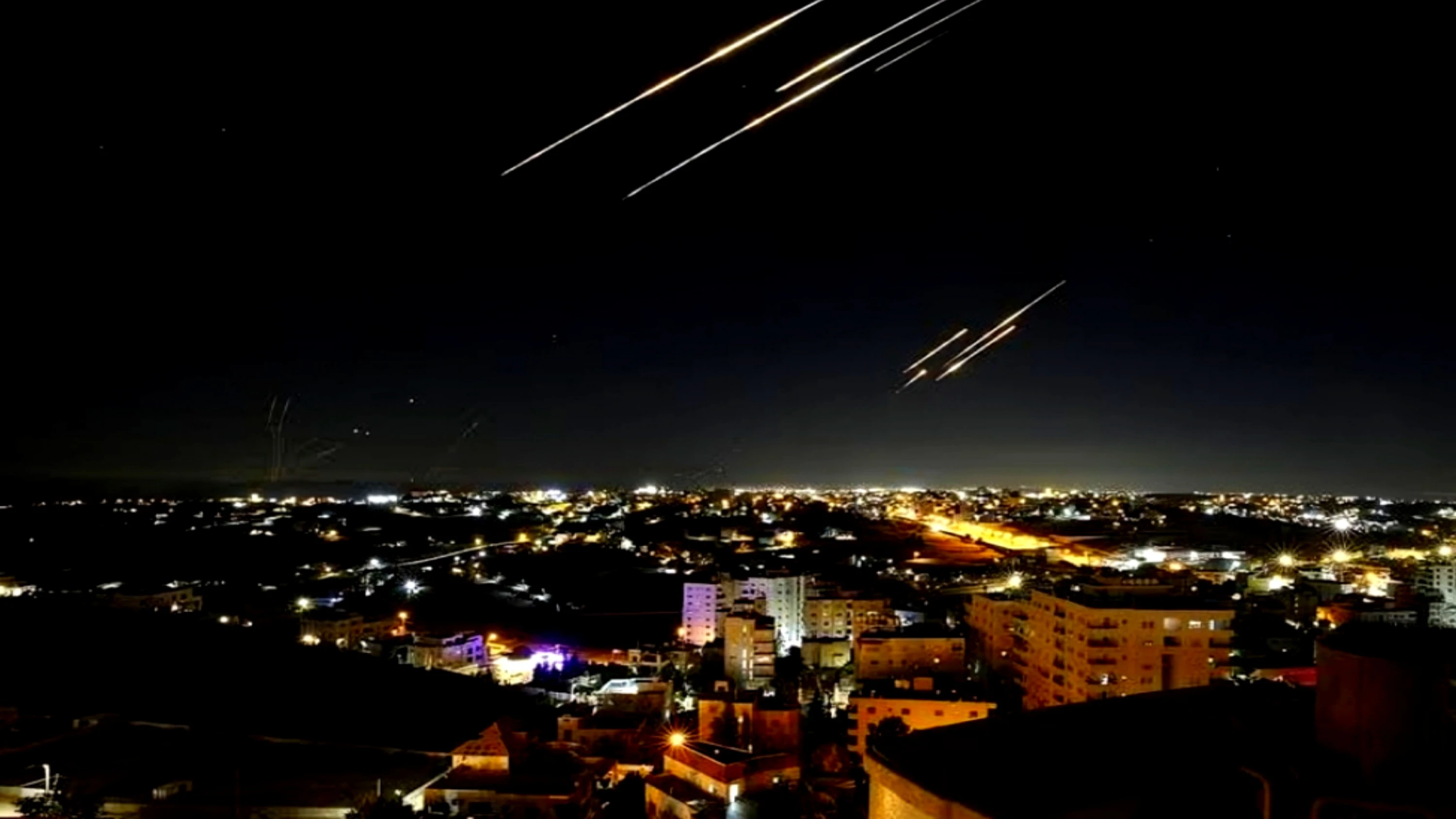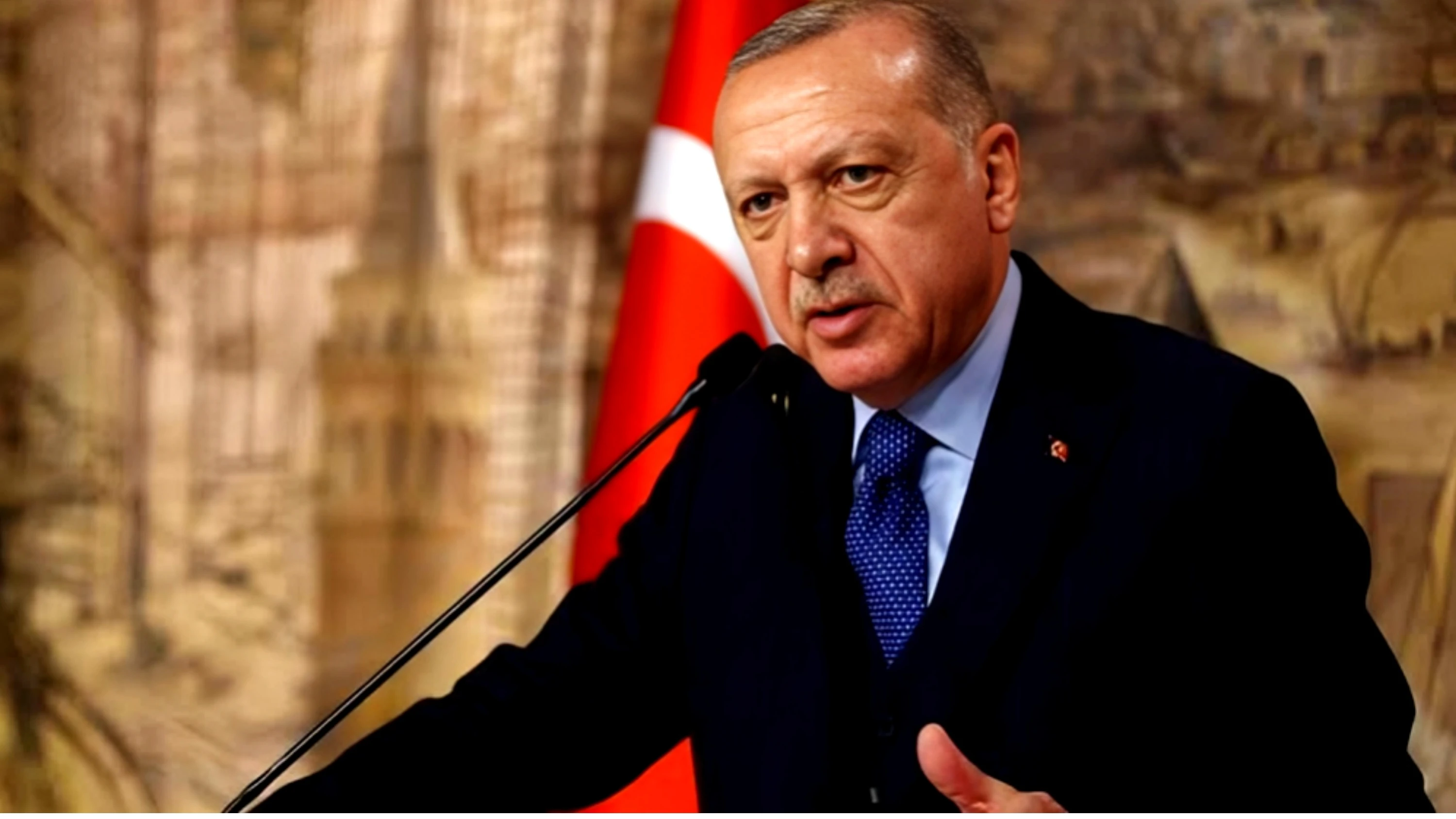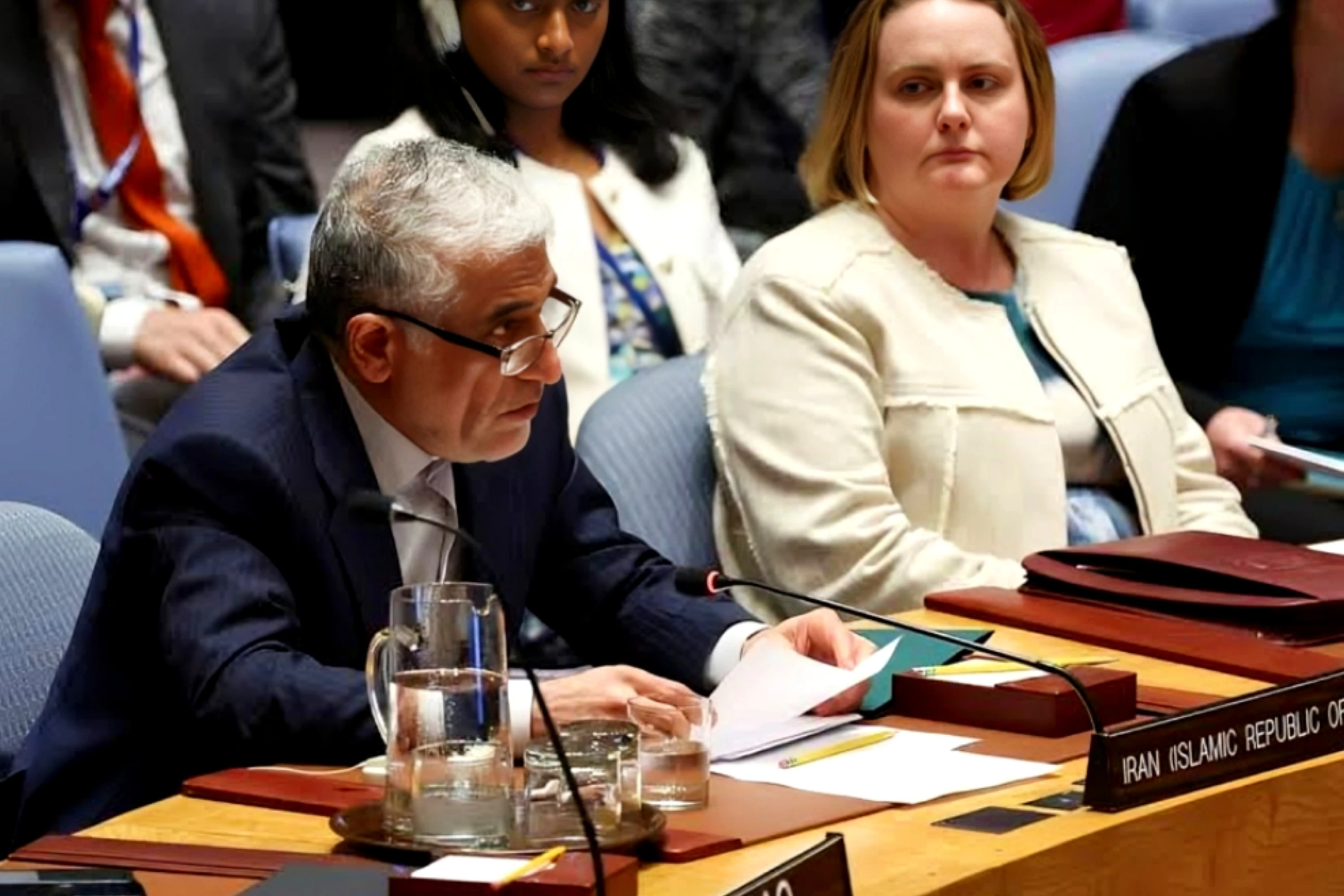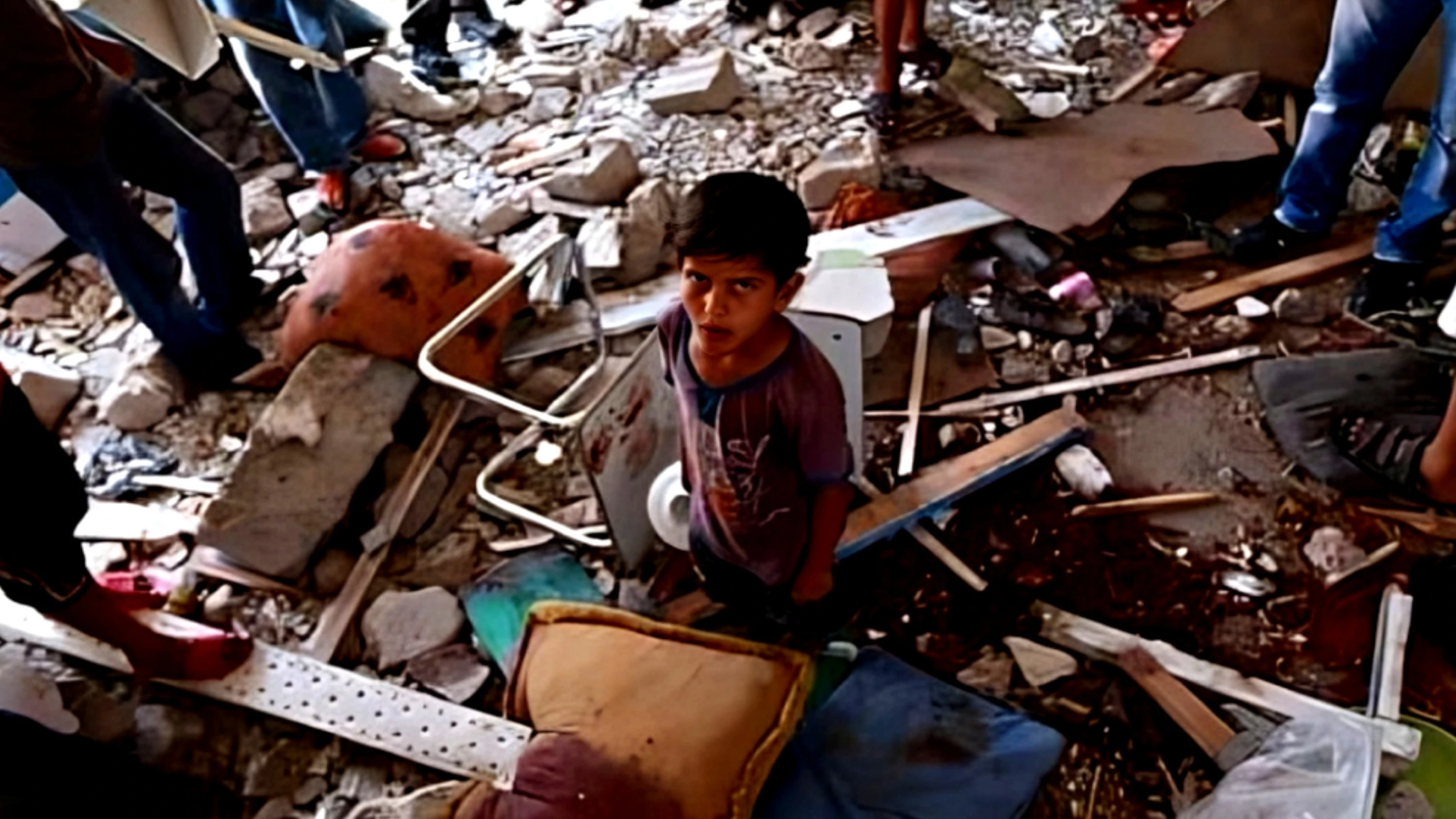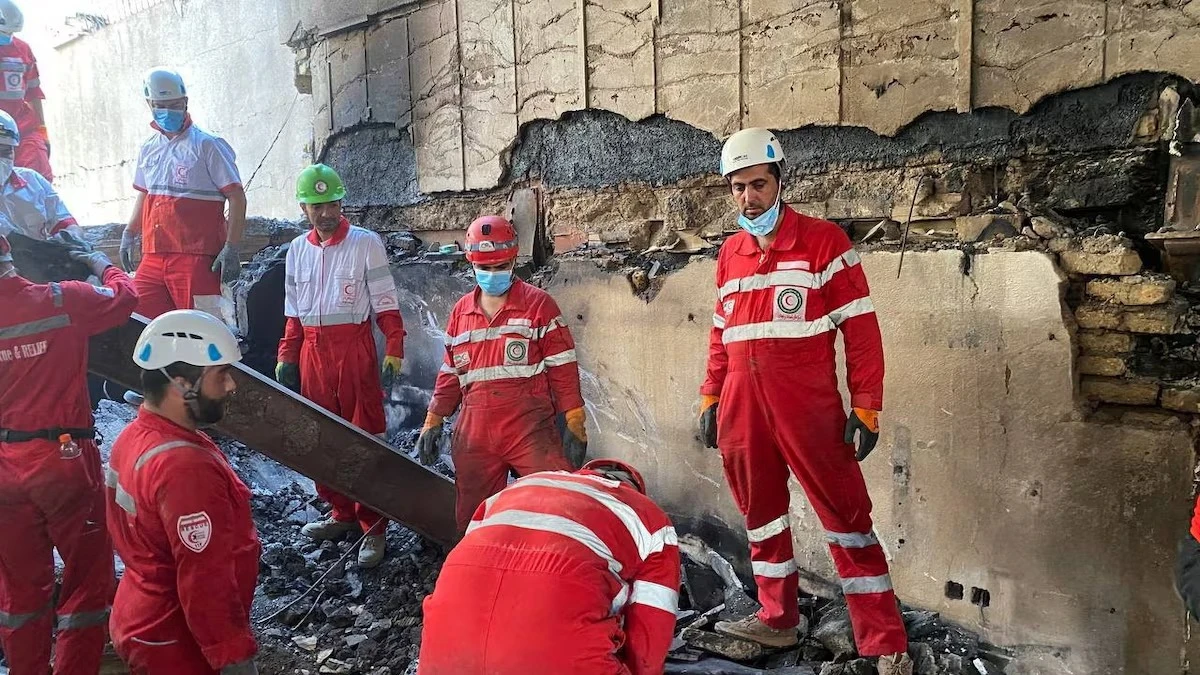Tehran/Washington: Iran and Israel launched fresh military strikes against each other early Saturday, intensifying a conflict that has rapidly escalated amid a stalemate over Iran’s nuclear program. The renewed violence came as Tehran insisted it would not enter nuclear talks while under military pressure, and European diplomats struggled to keep diplomatic channels open.
Iran's semi-official Fars news agency reported that Israel had targeted the Isfahan nuclear facility, one of the country’s largest. Authorities said there was no leakage of radioactive material. Israeli airstrikes also hit a building in Qom, where early reports suggested a teenager was killed and two people were injured.
Israel's military confirmed a wave of airstrikes on Iranian sites it described as housing missile storage and launch systems.
At around 2:30 a.m. local time, air raid sirens were triggered across central Israel—including Tel Aviv—and parts of the Israeli-occupied West Bank, following reports of a missile barrage from Iran. Witnesses reported seeing interceptors in action over Tel Aviv, with loud blasts heard throughout the city.
Emergency services said sirens also blared in southern Israel. An Israeli military spokesperson reported that Iran had launched five ballistic missiles, leaving multiple injured.
Magen David Adom, Israel’s emergency service, released photos showing a fire on the roof of a high-rise building in central Israel, apparently caused by falling debris from an intercepted missile.
Israel initiated its current military campaign on June 13, citing concerns that Iran was nearing nuclear weapons capability. Iran, which claims its nuclear program is solely for peaceful purposes, retaliated with drone and missile strikes.
While Israel is widely believed to possess nuclear weapons, it maintains a policy of ambiguity, neither confirming nor denying its arsenal.
According to the U.S.-based Human Rights Activists News Agency, Israeli strikes have killed 639 people in Iran so far, including top military figures and nuclear experts. Iranian missile strikes, meanwhile, have killed 24 civilians in Israel, according to Israeli officials.
Speaking from Morristown, New Jersey, on Friday, U.S. President Donald Trump warned that Iran could obtain a nuclear weapon "within weeks or months." He criticized his intelligence director, Tulsi Gabbard, for suggesting there was no evidence of Iran developing nuclear arms.
Trump added that the U.S. might enter the conflict on Israel’s behalf but would make a decision within two weeks. “We want to see if people come to their senses,” he said, noting that pressuring Israel to halt its strikes was unlikely while it appeared to have the upper hand.
Iran has repeatedly targeted Tel Aviv, home to about 4 million residents and a key hub for both the country’s economy and military assets.
On Friday, Israel reported dozens of new airstrikes across Iran, including attacks on missile manufacturing sites, a Tehran-based research facility allegedly linked to nuclear weapons development, and various military bases.
Iranian Foreign Minister Abbas Araqchi ruled out talks with the U.S. until Israeli attacks ceased. However, he traveled to Geneva for discussions with European foreign ministers, who hoped to revive diplomatic efforts.
The Geneva talks made little headway. Trump said he doubted Europe could broker a truce, asserting, “Iran wants to talk to us, not Europe.”
Meanwhile, according to U.S. State Department, hundreds of American citizens had fled Iran since the conflict erupted.
At the United Nations, Israeli envoy Danny Danon told the Security Council that Israel would persist with its military campaign until Iran's nuclear capabilities were eliminated. Iran’s U.N. ambassador, Amir Saeid Iravani, urged the Council to intervene, citing concerns over possible U.S. involvement in the war.
Russia and China both issued statements calling for an immediate de-escalation.
A senior Iranian official -cited by Reuters- said that while Iran might consider restrictions on uranium enrichment, it would reject any proposal that required a complete halt—particularly amid continued Israeli airstrikes.


